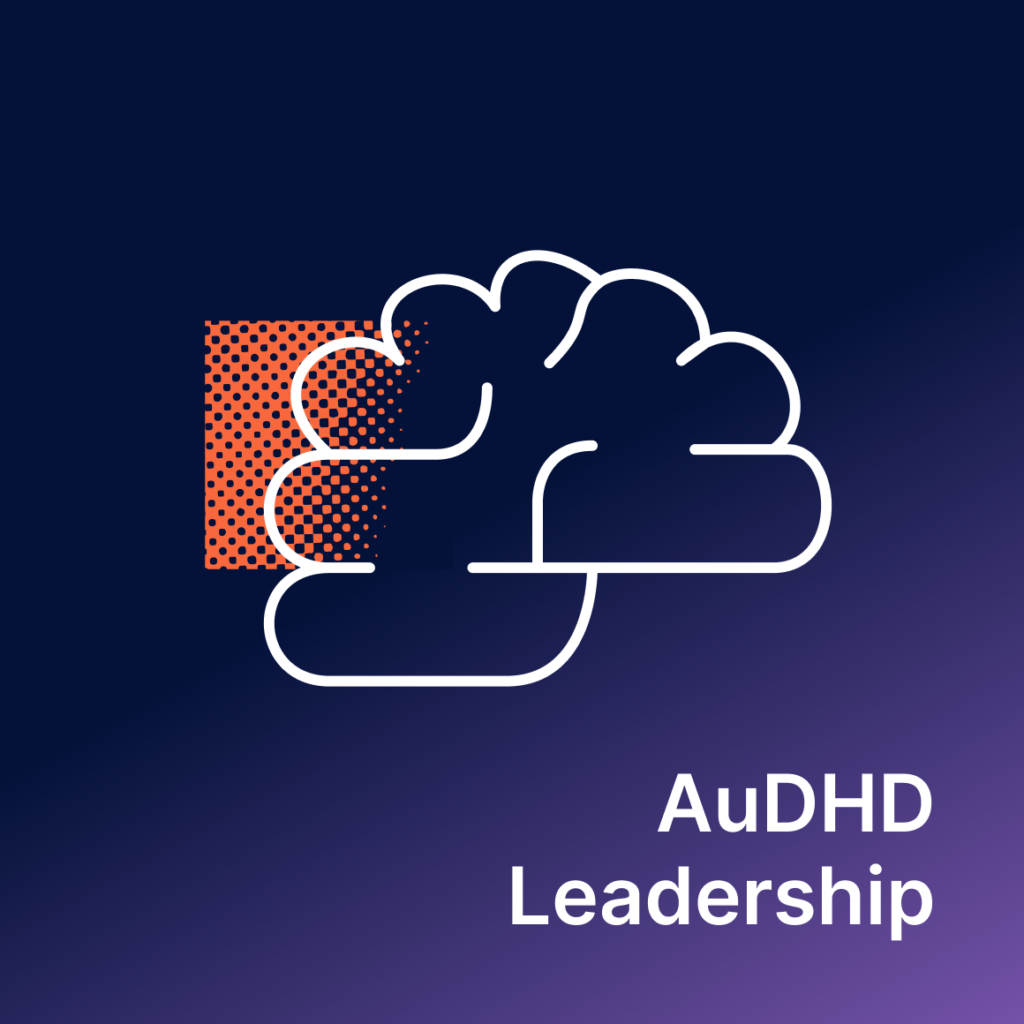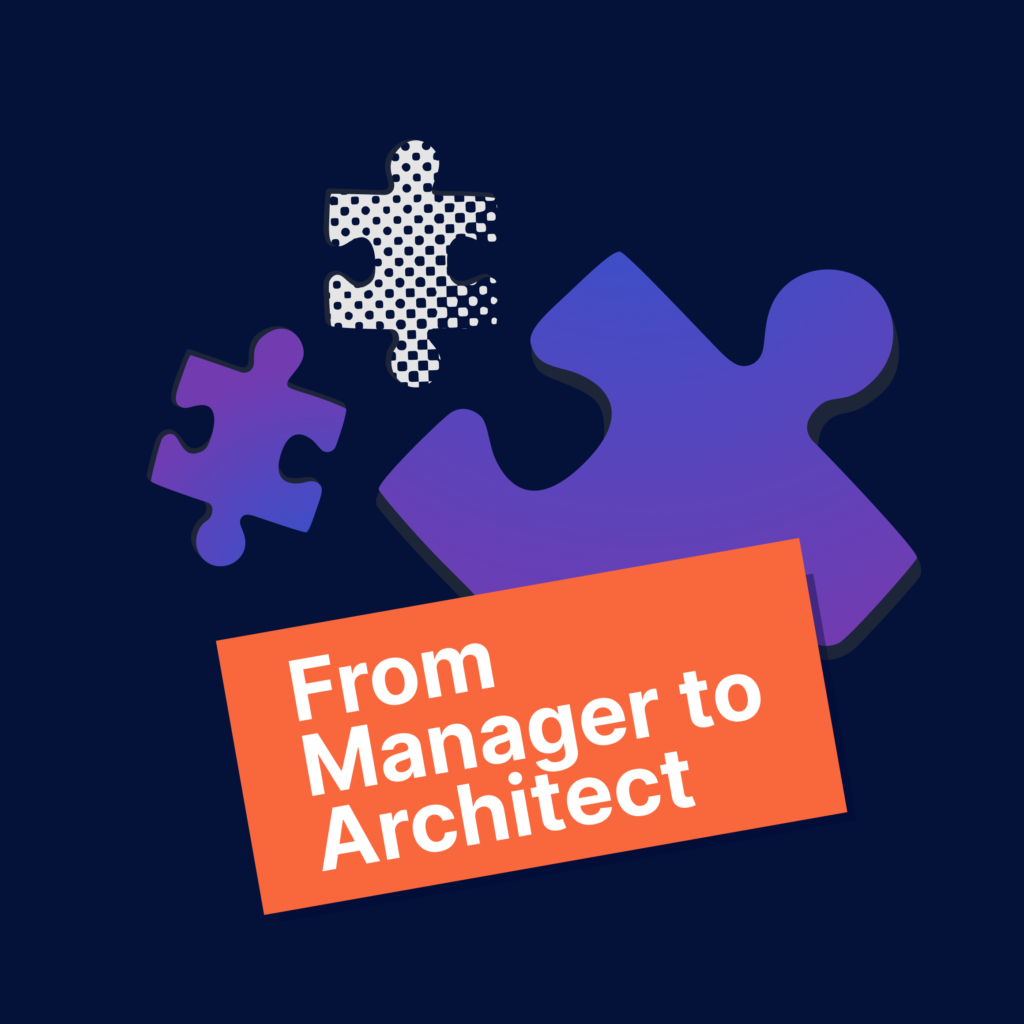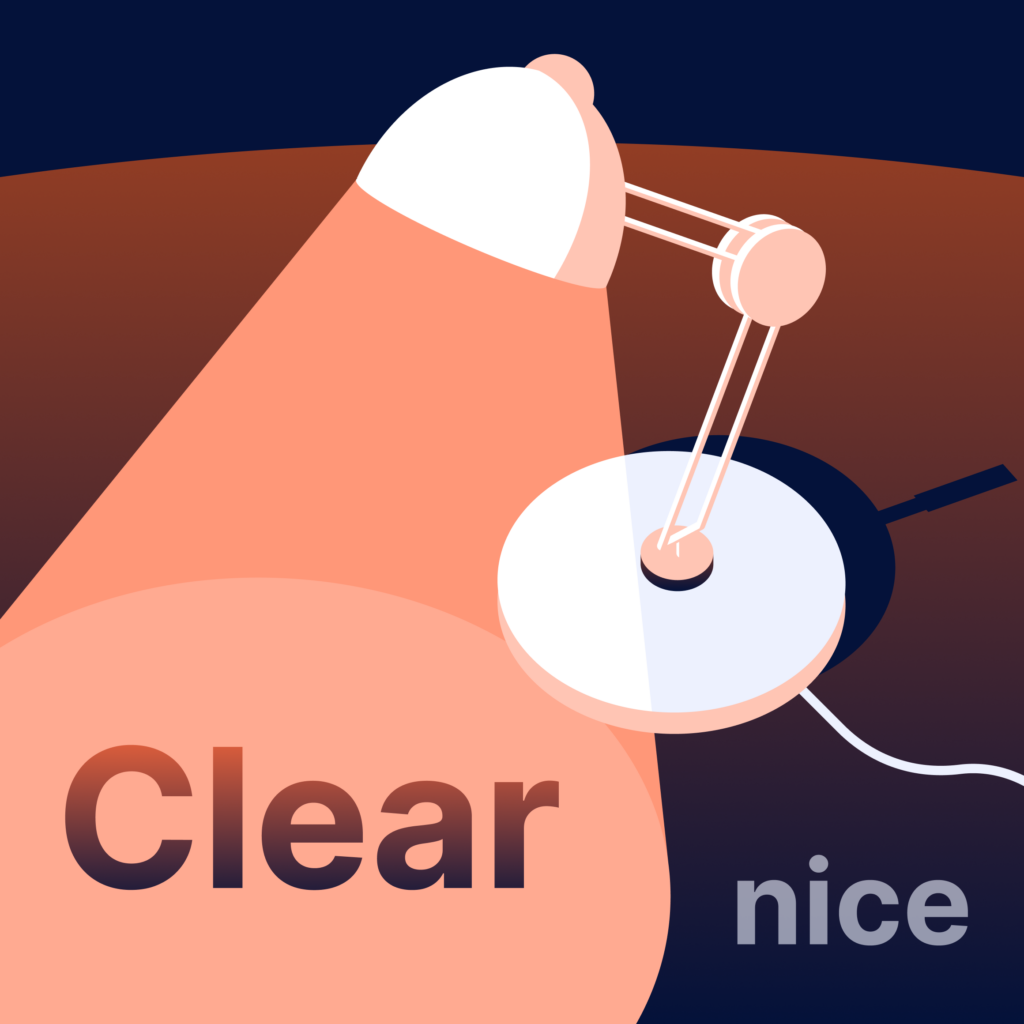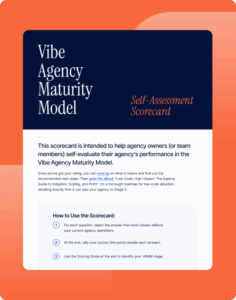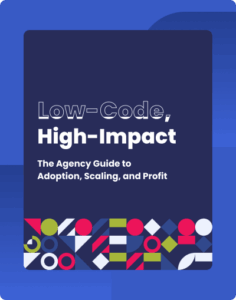This blog summarizes insights from a recent episode of the Promethean Leaders podcast, hosted by Samad Raza, where I shared my experiences building Refoundry and leading product development.
I began my career as a designer in the late nineties, working in print and advertising across agency and corporate environments. At that time the web was still in its early stages and most digital work had not yet evolved into the creative discipline it is today. By the mid-2000s I discovered CSS and it completely changed the way I viewed what was possible online.
CSS Zen Garden came out of Vancouver and it demonstrated how a single HTML structure could become limitless through styling, creativity, and experimentation. That moment introduced me to the idea that web creation could be both highly technical and highly expressive.
I taught myself to code and began building WordPress sites as freelance projects on the side. Most of my early work came through small businesses that found me on Craigslist. I treated every build as an opportunity to learn something new, and over time that freelance work turned into an agency called Forge and Smith. We launched more than five hundred and fifty (550) WordPress websites across a wide range of industries and solved many different problems for many different audiences. I loved the work, the clients, and the craft.
Eventually I noticed a meaningful shift in the industry.
Websites were no longer experimental and custom builds were no longer about inventing brand new digital interactions. Patterns had matured and user expectations had become consistent. Companies wanted websites that looked great, loaded quickly, ranked well, and followed reliable UX standards. While the market evolved into a standardized and expectation-driven environment, project budgets did not evolve in the same direction. Agencies were still using complex custom processes even though clients needed faster projects that were highly polished, flexible, and cost-appropriate.
The question I began to ask was simple but important:
“Could we create a process that delivered the quality of a custom build while removing the inefficiency that existed inside traditional development workflows?”
For three years I experimented with internal systems, reusable components, and new ways of working. The real goal was to remove duplication, complexity, and unnecessary effort, while keeping creativity. This eventually became Refoundry, a professional Gutenberg site builder that gives agencies a faster and more structured way to build without losing flexibility, brand quality, or long-term control.
Listening Closely and Documenting Everything
Refoundry launched publicly in January and has already been used for more than one hundred and twenty (120) production sites. The reason it works is because it was built through constant listening, testing, documenting, and disciplined decision-making. Refoundry was shaped by real customers, not theoretical assumptions.
- Every feature request follows a research and prioritization process.
- Every idea goes through internal testing before external release.
- We collect feedback directly from onboarding calls, support tickets, and real-world builds.
- I personally lead onboarding and training sessions, which allows me to observe how people actually behave rather than how we expect them to behave.
By watching customers build in real time, I can identify confusion, friction, and unmet needs that do not surface through surveys or assumptions.
Anticipating Needs and Adapting Priorities
One of the most important lessons I learned is that not every customer request represents a product direction. At one point we believed import tools were the next most important priority, but after speaking with a larger volume of agencies, we discovered that animation controls created more real value across a broader group of users. This shift was based on validated outcomes.
By walking alongside customers and observing how they use our products, we can understand their current needs and anticipate future ones. This proactive approach allows us to say “yes” more often than not, providing solutions before the need becomes urgent.
Focusing on the Right Audience and Embracing Rejection:
During the podcast, Samad asked me about the importance of identifying the right audience for a product. I explained that targeting too broadly makes it difficult to gain traction and deliver meaningful value. The key is to focus on a specific vertical where you can consistently engage and scale. Once you have built that foundation, you can begin to broaden your offering. This approach ensures that your product resonates deeply with the people who will benefit from it most and allows you to grow intentionally rather than chasing every potential opportunity.
Building a product requires patience, resilience, and a willingness to collect many “no’s”. Persistence means being willing to experience failure, iterate, and continue reaching out. It’s so important to view rejection not as defeat, but as data to learn from. Overnight success is an illusion; what appears to be immediate triumph is usually the result of years of learning, experimentation, and effort. Each “yes” and “no” shapes the path forward, and the cumulative experience of those decisions determines ultimate success.
Be Prepared
For founders starting their journey, my advice is to be prepared and persistent. Close the gap between having an idea and executing a solution. In the early days, founders must be in the trenches, learning the product, engaging with users, and understanding the problem at a practical level. If a solution requires skills you do not yet possess, acquire them; whether it is coding, design, or another capability, understanding the process firsthand is essential to articulating the product vision and collaborating effectively.
Refoundry exists because the market asked for a new way to work that does not sacrifice creativity for speed or speed for creativity. Agencies deserve tools that help them build smarter, scale better, and deliver work they are proud to attach their name to. I am committed to continuing that mission and evolving the product with purpose, clarity, and focus.
The stories shared on the Promethean Leaders podcast are meant to inspire founders to remain patient, stay engaged with their audience, and remain committed to their values. Remember, every interaction brings insight and growth. Focus on the journey, and the results will follow.


